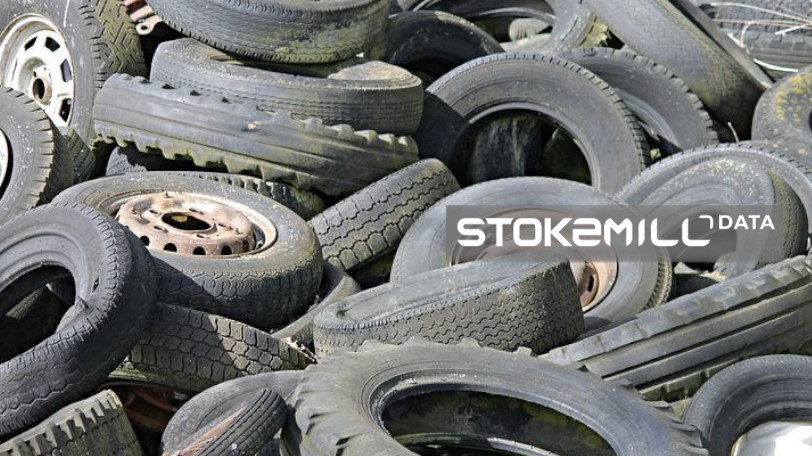Waste recycling
Waste recycling
Waste recycling, waste management, services & equipment, water purification, environmental cleaning, carbon trading, carbon credits, circular economy
While plastics-related environmental concerns have mounted in recent years, notably as they end up in oceans and gradually destroy entire ecosystems, the waste management and recycling industry, governments, regulators, think tanks, institutional investors, NGOs and supra national bodies have for years been concerned with many more industrial, mining, farm or municipal pollutants on a large scope beyond virgin plastics or GHG gases such as carbon dioxide. According to Statista, a data aggregator, the size of the global waste management market was valued at about USD 1.6 trillion in 2020. The market has been expanding continually since the advent of the industrial revolution and growth has picked up since the advent of the agricultural revolution, the ensuing economic expansion and globalisation. Giant oil spills such as the Exxon Valdez or more recently, the BP’s Deepwater Horizon disaster may have focused the minds, but more insidious environmental damage has been taking place silently as world population increases and consumption rises. According to a publication by institutional investors-led platform Principles for Responsible Investment, or PRI, the production of virgin plastics has expanded by a factor of 20 to over 310 million tonnes per annum since 1964, fast representing a major environmental concern. Plastic is used across various sectors such as infrastructure (construction), consumer goods and transportation. However, 40 percent of global plastic production is used for packaging, and 95 percent of plastic packaging is single-use, which makes recycling aims a moot point. Removing excess carbon dioxide has been another centre of attention, with the advent and development of global carbon trading markets (which the Economist put at USD 897 billion in 2021, up 164% on 2020), the rising use of biochar in soils or research and development in atmospheric decarbonisation such as direct air capture or DAC. The industry is led by large players such as Veolia Environmental, a USD 29 billion company by revenue, followed by Waste Management Inc, with about USD 14 billion in revenue. The global waste management market is expected to keep growing as resource utilisation follows global population growth, rapid urbanisation and rising. Waste management is the collection, transportation and disposable of garbage, sewage, and other waste products. It involves treating solid waste and disposing unwanted products and substances in a safe and efficient manner. Waste management includes all types of waste including solid, liquid, or gas. Waste management deals with municipal, industrial, and hazardous waste. Municipal waste generally refers to residential waste and non-hazardous waste generated in towns and cities. Industrial waste refers to waste generated in industries while production and manufacturing processes. Hazardous waste refers to waste generated in mining, pharmaceuticals, medicals, chemicals, paint or paper manufacturing industries. Furthermore, major activities performed on waste are collection and disposal. Collection services refer to collection and transportation, storage & handling, and sorting of waste. Whereas disposable services refer to segregation of waste into landfills, recycling, composting, and anaerobic digestion.
Keywords
Keywords: waste management, sewage, municipal waste, industrial waste, farm waste, mining waste, water treatment, water purification, activated carbon, activated carbon filters, direct air capture, DAC, environmental pollution, ground water testing, ground water, ground water monitoring, plastics, non-recycled plastics, landfills, recycling, composting, solid waste, liquid waste, pollutants, soil contaminants, oil spills, GHG, carbon dioxide, packaging waste, air pollution, exhaust fumes, air contaminants, waste shredders, wastewater filtration, marine waste equipment, retention basins, water purification plants, slaughter plants, chemical plants, paper mills, pharmaceutical waste, cosmetics waste, hospital waste, waste shredders, hospital waste management, agriculture wastewater, tanning wastewater, electronic waste, gas detectors, sewage maintenance


